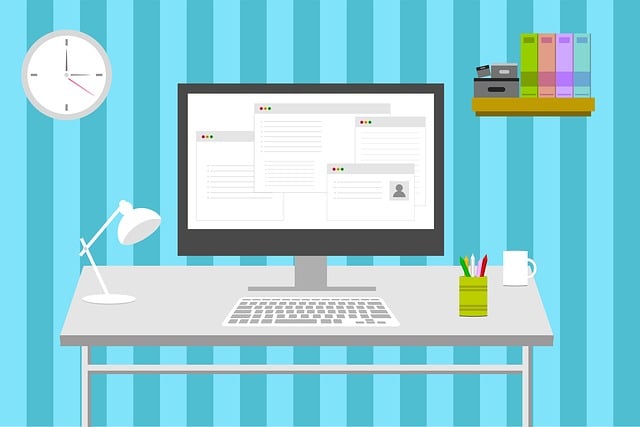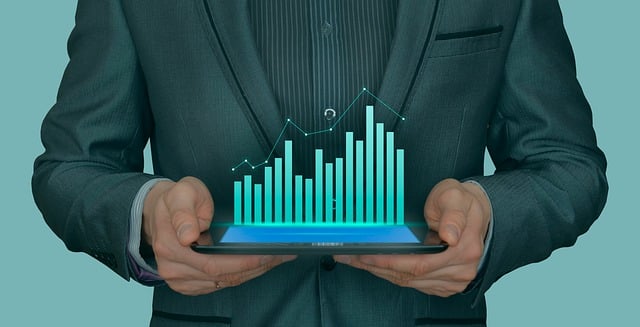DIGI SOCIETY
What kind of digitalisation is in my industry today?
I have been working as an accountant in an accounting firm for almost eight years. Although the job of an accountant has been moving from paper to computer for years ago, digitalisation has come a long way in the last eight years. Eight years ago in my workplace, most of the accounting for client companies was done on paper. This meant that clients would bring paper invoices and receipts to the accounting office and the accountant would enter the invoices into the computer’s accounting software and file the papers in the client’s accounting folder. All receipts and invoices archived in paper for the period required by Finnish accounting law. Only a few customers had more electronic version of the accounting software, where electronic invoices were automatically sent to the software and the customer could enter the receipts into the software himself.

Today, eight years later, the number of completely paperless and electronic customers has increased a lot. Almost all our new customers want to use a fully electronic accounting software and a large number of our old customers have gradually switched to electronic accounting software. Today, our office uses next accounting softwares: Fennoa, Netvisor, Lemonsoft, Adminet and Maestro. I feel that Fennoa is the the new generation accounting software because Fennoa is easy to use and it is versatility.
We also use a variety of cloud services and softwares to help us to our work. For example, our clients can electronically send us accounting material or payroll material for their employees. Such services include Microsoft OneDrive, E-pocket and kellokortti.fi.
What do I think the future of digitalisation will look like in our industry?
Electronic accounting software is already built to be intelligent, i.e. software learns from the accountant’s records. This will increase the potential for accounting automation in the future. There is also much talk of changes in laws and EU regulations that will require electronic accounting. This would further accelerate the digitalisation of the sector. I believe that the industry will change a lot in the next eight years, more than it has changed in the last eight years. I also believe that it will have a big impact on my own job description. In the future, I will no longer work as an accountant for a client company, but rather as a consultant for the client company. In the future, my job as a consultant will be to interpret the monthly and annual figures of the client company, to advise and guide them. In addition, the consultant will have to ensure that the accounting is correct for automation. With these changes, I believe that the need for that kind of specialist will decrease in the future, but the job description will also become more challenging. In the future, there will be fewer jobs than today.

I thought a lot about what kind of journey employee should have to take in the future to become a consultant like this. After all, most of economic knowledge is acquired in traditional work, but what happens when that basic work is not done at all? So these changes will also require changes in future education and training.
General Data Protection Regulation (GDPR)
When GDPR came into force in 2018, it also changed the way we work in our industry to become more secure and aware of how we process personal data. However, we handle a lot of highly confidential data in our work, such as the personal and income data of our customers employees. This changed our policy in email communication with our clients. After that all messages containing payroll and personal data are always sent via encrypted email to our clients. This is our way to ensure that emails travel more securely. In addition, we use several different authentications in our accounting software, so that the data isn’t just behind one username and password.
As identity theft has increased a lot over the years, I feel that the protection of personal data is very important. I think that in the future, even more thought should be given to how data protection can be improved and how people who cannot recognize threats on the Internet can also be protected from that their personal data will be hacked.
Self-evaluation
This section gave me a lot to think about for my future work. It was very interesting to study the videos in the material, especially the ones that showed what digitalisation and technology could be in the future. Although I think I am well prepared for the future changes in my industry, and I take these changes in good spirit, I still need to do more reflection and research on possible future changes.
The video on email security got me thinking a lot, and this is something I will have to study into future and I need to also inform more my clients about the importance of encrypting emails.
Blogs I commented:
Leave a Reply